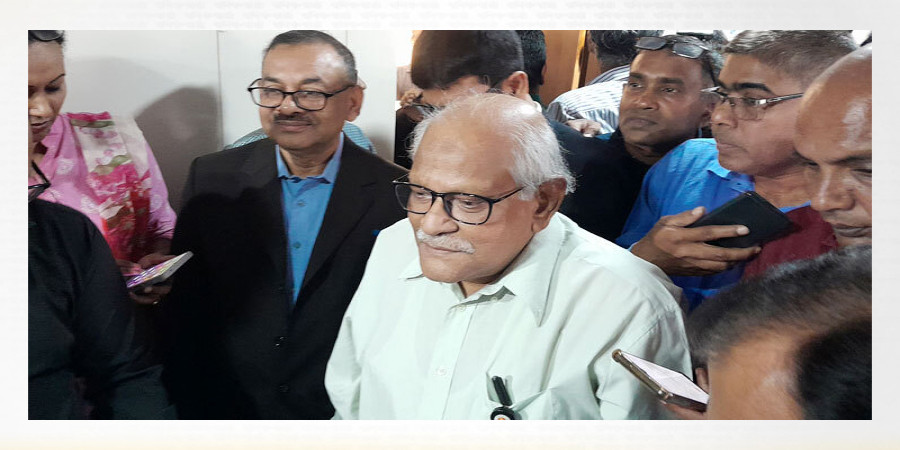
ছবি: Photo: Collected
Dhaka, Bangladesh – The Police Reform Commission has recommended eliminating references to ‘political identity’ from police verification processes and urged efforts to ensure that law enforcement and all government departments remain free from political influence. This recommendation was made by the commission’s chief, Safar Raj Hossain, during a press briefing following the commission's first meeting on Monday (November 18) at the Secretariat.
Highlighting concerns over political affiliations within various departments over the past 15 years, Hossain stressed the importance of maintaining neutrality to curb corruption and enhance efficiency. He stated, “We must ensure that all branches of the government, including the police, operate without political interference. This is crucial for restoring public trust and strengthening the rule of law.”
Hossain also addressed the need for strict adherence to legal directives in arrest and detention procedures. Under Section 54 of the Criminal Procedure Code of 1898, police can arrest without a warrant, while Section 167 governs police remand. The commission has emphasized compliance with High Court guidelines in these matters. “The police must inform the detainee's family by phone in cases of arrest without a warrant,” Hossain said, referencing a High Court ruling that established this as a mandatory procedure.
The commission’s review of existing laws revealed that these provisions have been the subject of legal scrutiny for years. The Bangladesh Legal Aid and Services Trust (BLAST) had filed a writ petition, led by Dr. Kamal Hossain, which resulted in the High Court issuing guidelines to prevent misuse of these powers. The Appellate Division later upheld these directives, mandating law enforcement to exercise caution in their application. “The directives are now part of the legal framework and must be respected,” Hossain reiterated.
Addressing corruption within the police force, Hossain identified it as the primary challenge hindering progress. “Corruption is our number one enemy. Reducing it not only enhances efficiency but also strengthens public loyalty to the law,” he remarked. The commission is also examining the police’s salary structure to address systemic issues and plans further discussions on this topic.
On the controversial issue of arrests in plainclothes, Hossain mentioned that no specific recommendations have been made yet but assured that a directive would be issued soon. The commission also aims to curb the practice of officers leveraging political connections for promotions, a trend observed over the past decade and a half.
In conclusion, the commission chief reaffirmed the goal of creating a politically neutral and corruption-free police force, adding that necessary measures and recommendations are being developed to achieve these objectives.
repoter






